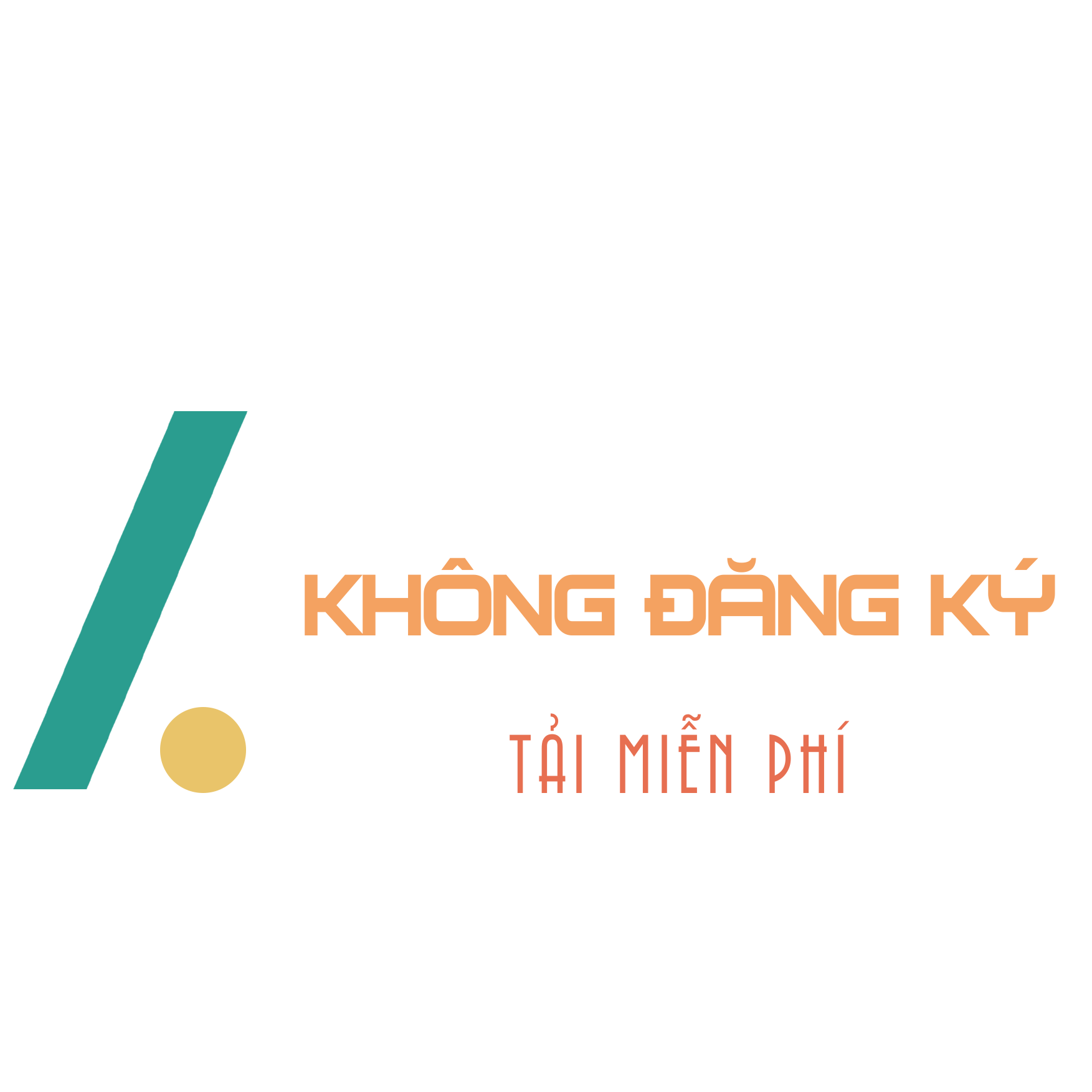Page 1
PASSAGE 26
Pollution is the degradation of natural environment by external substances introduced directly or
indirectly. Human health, ecosystem quality and aquatic and terrestrial biodiversity may be affected and
altered permanently by pollution.
Pollution occurs when ecosystems cannot get rid of substances introduced into the environment. The
critical threshold of its ability to naturally eliminate substances is compromised and the balance of the
ecosystem is broken.
The sources of pollution are numerous. The identification of these different pollutants and their effects
on ecosystems is complex. They can come from natural disasters or the result of human activity, such as
oil spills, chemical spills, nuclear accidents... These can have terrible consequences on people and the
planet where they live: destruction of the biodiversity, increased mortality of the human and animal
species, destruction of natural habitat, damage caused to the quality of soil, water and air...
Preventing pollution and protecting the environment necessitate the application of the principles of
sustainable development. We have to consider satisfying the needs of today without compromising the
ability of future generations to meet their needs. This means that we should remedy existing pollution, but
also anticipate and prevent future pollution sources in order to protect the environment and public health.
Any environmental damage must be punishable by law and polluters should pay compensation for the
damage caused to the environment.
Question 1. What is the topic of the passage?
A. Pollution: causes, effects and solutions.
B. Pollution - a big problem.
C. What is pollution?
D. What should we do to protect environment?
Question 2. The phrase "get rid of" in paragraph 2 is closest meaning to:
A. remove
B. replace
C. reuse
D. recycle
Question 3. According to the passage, these are sources of pollution, EXCEPT
A. natural disasters
B. oil spills
C. killing animals
D. nuclear accidents
Question 4. Which sentence is TRUE?
A. Human race is the only species affected by pollution.
B. It is not easy to identify the pollutants and their effects on ecosystem.
C. Pollution is harmless to natural habitat.
D. Human activity doesn't cause pollution.
Question 5. The pronoun “they" in paragraph 3 refers to
A. natural disasters
B. people
C. consequences
D. nuclear accidents
Question 6. According to the passage, what should be done to protect the environment?
A. We should try our best to meet our needs of today.
B. We should not care for the existing pollution.
C. People who damage the environment should be rewarded.
D. People should be made to pay compensation if they damage the environment.
Question 7. It can be inferred from the last paragraph that
A. We cannot prevent the sources that may cause pollution in the future.
B. Future generations may not meet their needs because of pollution we cause today.


